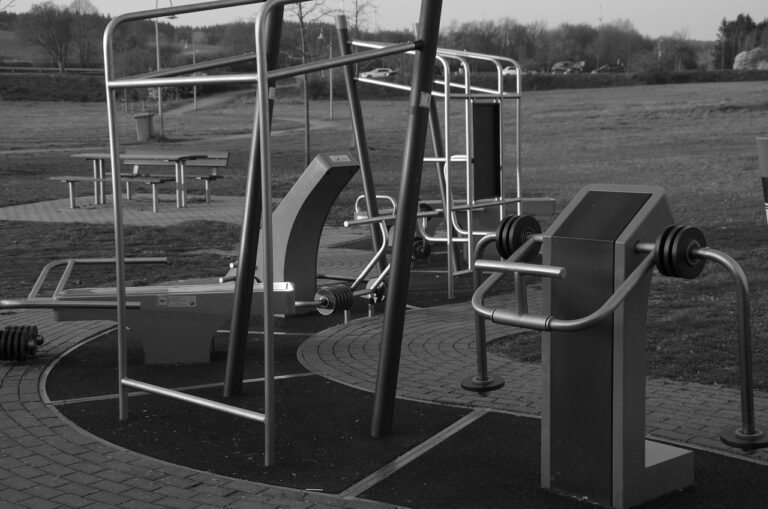Pulmonary Manifestations of Psychological Disorders: Recognition and Management: www.world777, 11xplay.online, Bet book 247
www.world777, 11xplay.online, bet book 247: Pulmonary Manifestations of Psychological Disorders: Recognition and Management
Living with a psychological disorder can be challenging in many ways. While most people are aware of the emotional and mental toll these disorders can take on individuals, many are surprised to learn that they can also have physical effects on the body, including the lungs. Pulmonary manifestations of psychological disorders are a lesser-known aspect of these conditions, but they can have a significant impact on a person’s overall health and well-being.
Recognizing these pulmonary manifestations is crucial for proper management and treatment of both the psychological disorder and the associated respiratory issues. In this article, we will explore some common pulmonary manifestations of psychological disorders, how they can be recognized, and the best ways to manage and treat them.
Understanding the Link Between Psychological Disorders and Pulmonary Manifestations
It’s important to recognize that the mind and body are interconnected, and what affects one can often impact the other. Psychological disorders such as anxiety, depression, and PTSD can all have physical symptoms that extend beyond just mental health issues. In the case of pulmonary manifestations, these disorders can cause or exacerbate respiratory problems such as shortness of breath, chest pain, and even asthma attacks.
The reasons for these pulmonary manifestations vary depending on the specific psychological disorder. For example, anxiety and panic attacks can lead to hyperventilation, which in turn can cause chest tightness and difficulty breathing. Depression, on the other hand, can lead to decreased physical activity and poor self-care habits, which can impact the health of the lungs over time. Understanding these connections is essential for effective management and treatment.
Recognizing Pulmonary Manifestations of Psychological Disorders
Recognizing the pulmonary manifestations of psychological disorders can be challenging, as they may present differently in each individual. However, there are some common signs and symptoms to be aware of that may indicate a connection between a psychological disorder and respiratory issues. These can include:
– Shortness of breath
– Chest pain or tightness
– Wheezing or difficulty breathing
– Frequent respiratory infections
– Exacerbation of pre-existing respiratory conditions (asthma, COPD, etc.)
If you or someone you know is experiencing these symptoms along with a known psychological disorder, it’s essential to seek medical attention and discuss the possibility of a connection between the two.
Managing and Treating Pulmonary Manifestations of Psychological Disorders
Managing and treating pulmonary manifestations of psychological disorders involves a multidisciplinary approach that may include therapy, medication, lifestyle changes, and respiratory interventions. Working closely with a healthcare provider who specializes in both mental health and respiratory issues is crucial for developing an effective treatment plan.
Some strategies that may be helpful in managing these pulmonary manifestations include:
– Cognitive-behavioral therapy (CBT) to address the psychological aspects of the disorder and reduce stress and anxiety
– Medications to help control symptoms and manage any underlying respiratory conditions
– Breathing exercises and relaxation techniques to improve lung function and reduce hyperventilation
– Regular physical activity and a healthy lifestyle to support overall lung health
FAQs
1. Can psychological disorders really impact the lungs?
Yes, psychological disorders can have physical effects on the body, including the lungs. Respiratory symptoms such as shortness of breath, chest pain, and wheezing can be related to psychological issues such as anxiety and depression.
2. How can I tell if my respiratory symptoms are related to a psychological disorder?
If you are experiencing unexplained respiratory symptoms along with a known psychological disorder, it’s important to discuss this with your healthcare provider. They can help determine if there is a connection between the two and recommend appropriate treatment options.
3. What are some lifestyle changes that can help manage pulmonary manifestations of psychological disorders?
Maintaining a healthy lifestyle that includes regular physical activity, stress management techniques, and good self-care habits can help support lung health and manage symptoms related to psychological disorders.
In conclusion, recognizing and managing the pulmonary manifestations of psychological disorders is essential for overall health and well-being. By understanding the link between the mind and body and seeking appropriate treatment, individuals can improve their quality of life and reduce the impact of these respiratory issues on their mental health. If you or someone you know is experiencing these symptoms, don’t hesitate to seek help and support from a healthcare professional.







